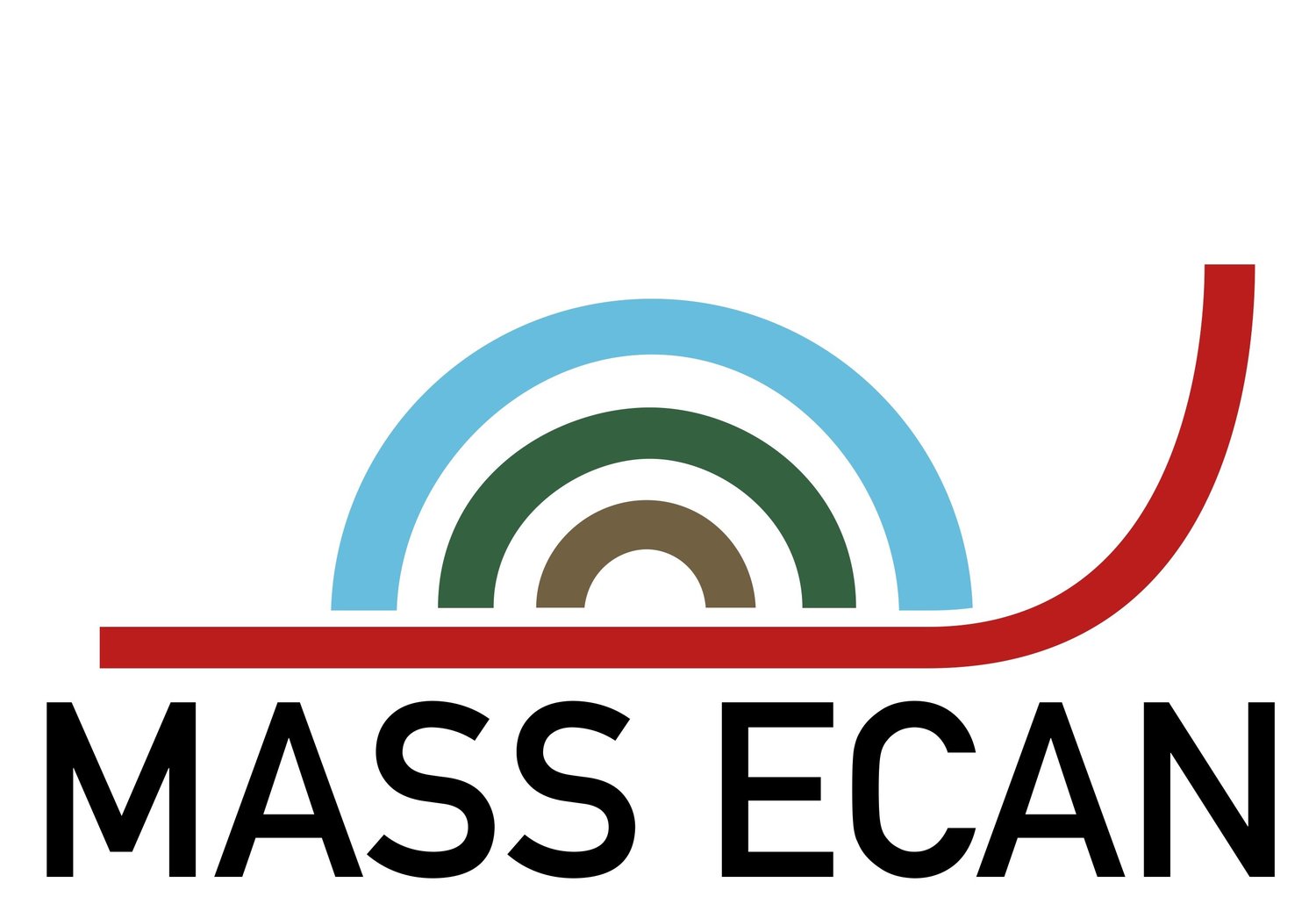Partnering with Beavers for Climate Resilience
Historical land use practices have led to floodplain disconnection, stream channelization and armoring, and increased impervious cover — all which decrease our rivers and streams’ resiliency to climate change. Mass ECAN’s Slow the Flow Work Group focuses on watershed management techniques to reverse those effects and reduce climate impacts, such as extreme and variable flows, and increasingly severe floods and droughts.
One avenue to explore is the practice of partnering with beavers for flood resilience. Beaver activity can be a contentious issue, particularly in heavily settled areas where their impoundments can result in flooding or blocked culverts. However, beavers provide critical ecological benefits and can increase ecosystem resiliency by bolstering the ability of riparian and aquatic systems to react dynamically to climate change impacts like flooding and drought.
In this new outreach piece, Partnering with Beavers for Climate Resilience, you will learn about the many benefits of beavers in changing riparian systems and explore different management “zones” to help communities better understand how to proactively work with beavers to increase their positive impacts. This document is a product of the Slow the Flow Work Group, and its development was led by Julie Busa and Michael Soares from Fuss and O’Neill.



